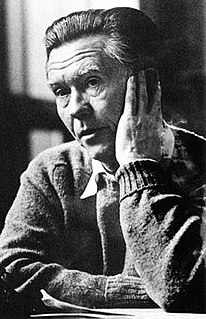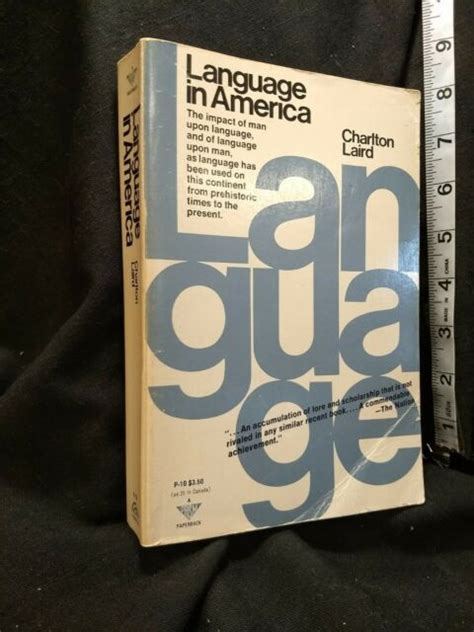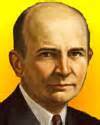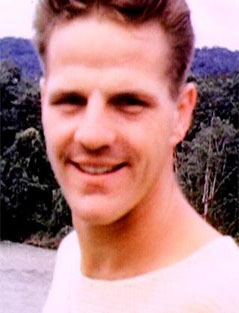A Quote by Laurence Sterne
Learning is the dictionary, but sense the grammar of science.
Quote Topics
Related Quotes
Nature is a language and every new fact one learns is a new word; but it is not a language taken to pieces and dead in the dictionary, but the language put together into a most significant and universal sense. I wish to learn this language - not that I may know a new grammar, but that I may read the great book which is written in that tongue.
I have declared again and again that if I say Aryans, I mean neither blood nor bones, nor hair nor skull; I mean simply those who speak an Aryan language. In that sense, and in that sense only, do I say that even the blackest Hindus represent an earlier stage of Aryan speech and thought than the fairest Scandinavians. To me an ethnologist who speaks of Aryan race, Aryan blood, Aryan eyes and hair, is as great a sinner as a linguist who speaks of a dolichocephalic dictionary or a brachycephalic grammar.
Most children, even very bright ones, need constant review and practice to truly own a concept in grammar, math or science. In schools today, on paper it may appear that kids are learning skills, but in reality they are only renting them, soon to forget what they've learned over the weekend or summer vacation.
The bold and discerning writer who, recognizing the truth that language must grow by innovation if it grow at all, makes new words and uses the old in an unfamiliar sense has no following and is tartly reminded that 'it isn't in the dictionary' - although down to the time of the first lexicographer no author ever had used a word that was in the dictionary.
I remember one English teacher in the eighth grade, Florence Schrack, whose husband also taught at the high school. I thought what she said made sense, and she parsed sentences on the blackboard and gave me, I'd like to think, some sense of English grammar and that there is a grammar, that those commas serve a purpose and that a sentence has a logic, that you can break it down. I've tried not to forget those lessons, and to treat the English language with respect as a kind of intricate tool.







































